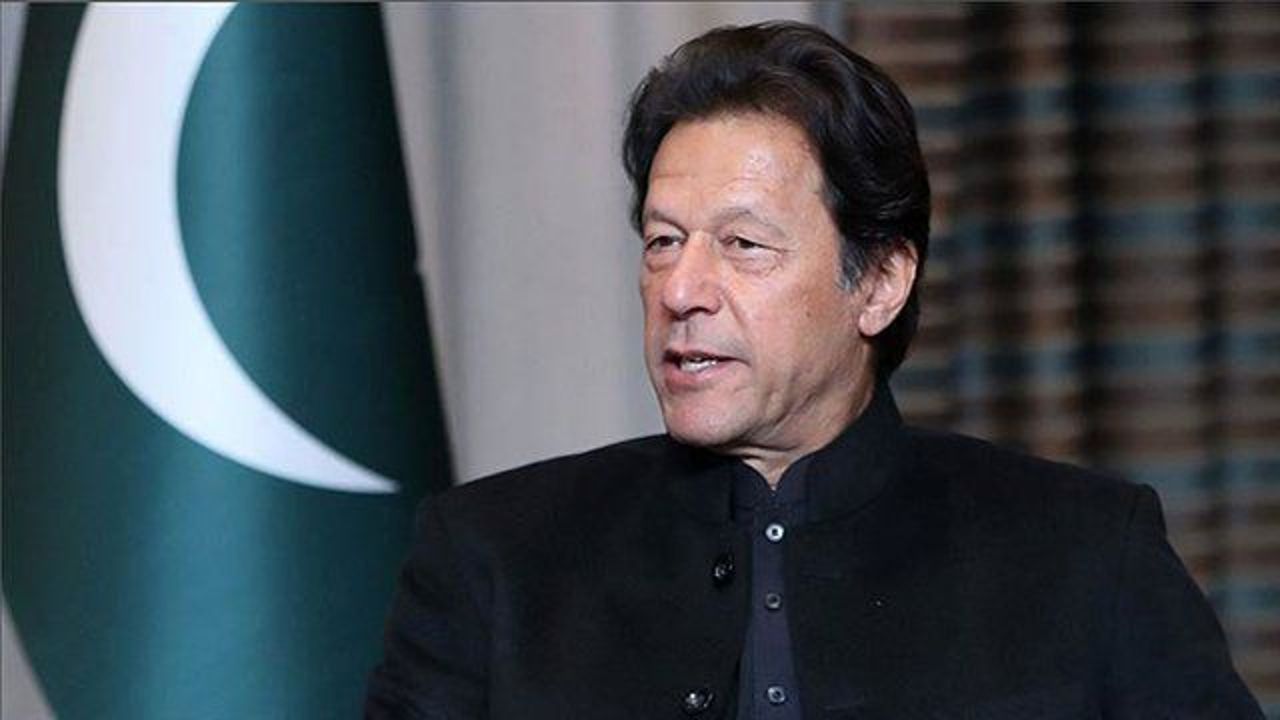Pakistan's premier, army chief visit Kashmir border
Pakistan observes Defense Day as solidarity day with Kashmiris in wake of revocation of Jammu and Kashmir's special status

Pakistan’s prime minister and army chief on Friday visited the Kashmir border to meet troops and people affected by cross-border gunfire amid rising tensions with India after New Delhi last month revoked the Jammu and Kashmir region's special status.
Prime Minister Imran Khan's visit was to mark Defense Day -- the anniversary of a 1965 war against India, also called Kashmir Solidarity Day to reiterate Islamabad's support to the pro-freedom struggle in Jammu and Kashmir.
Khan was briefed on the ongoing situation at the Line of Control -- the de facto border that splits the Himalayan valley between the two countries -- said a statement from the army, adding that he lauded the state of military readiness and effective response to "Indian ceasefire violations."
Accusing Indian forces of deliberately targeting civilians on the Pakistani side of the border, Khan said: "The continued siege of innocent Kashmiris in India-occupied Jammu and Kashmir are the worst examples of human rights violations."
"Pakistan firmly stands with Kashmiris for their right of self-determination,” he said, adding: “Our armed forces remain fully capable and prepared to thwart any Indian misadventure or aggression."
Accompanying Khan were Army Chief Gen. Qamar Javed Bajwa, Defense Minister Pervez Khattak, and Foreign Minister Shah Mehmood Qureshi.
From 1954 until Aug. 5, Jammu and Kashmir had special provisions under which it enacted its own laws. The provisions also protected the region's citizenship law, which barred outsiders from settling in and owning land in the territory.
India and Pakistan both hold Kashmir in parts and claim it in full. China also controls part of the contested region, but it is India and Pakistan who have fought two wars over Kashmir.







